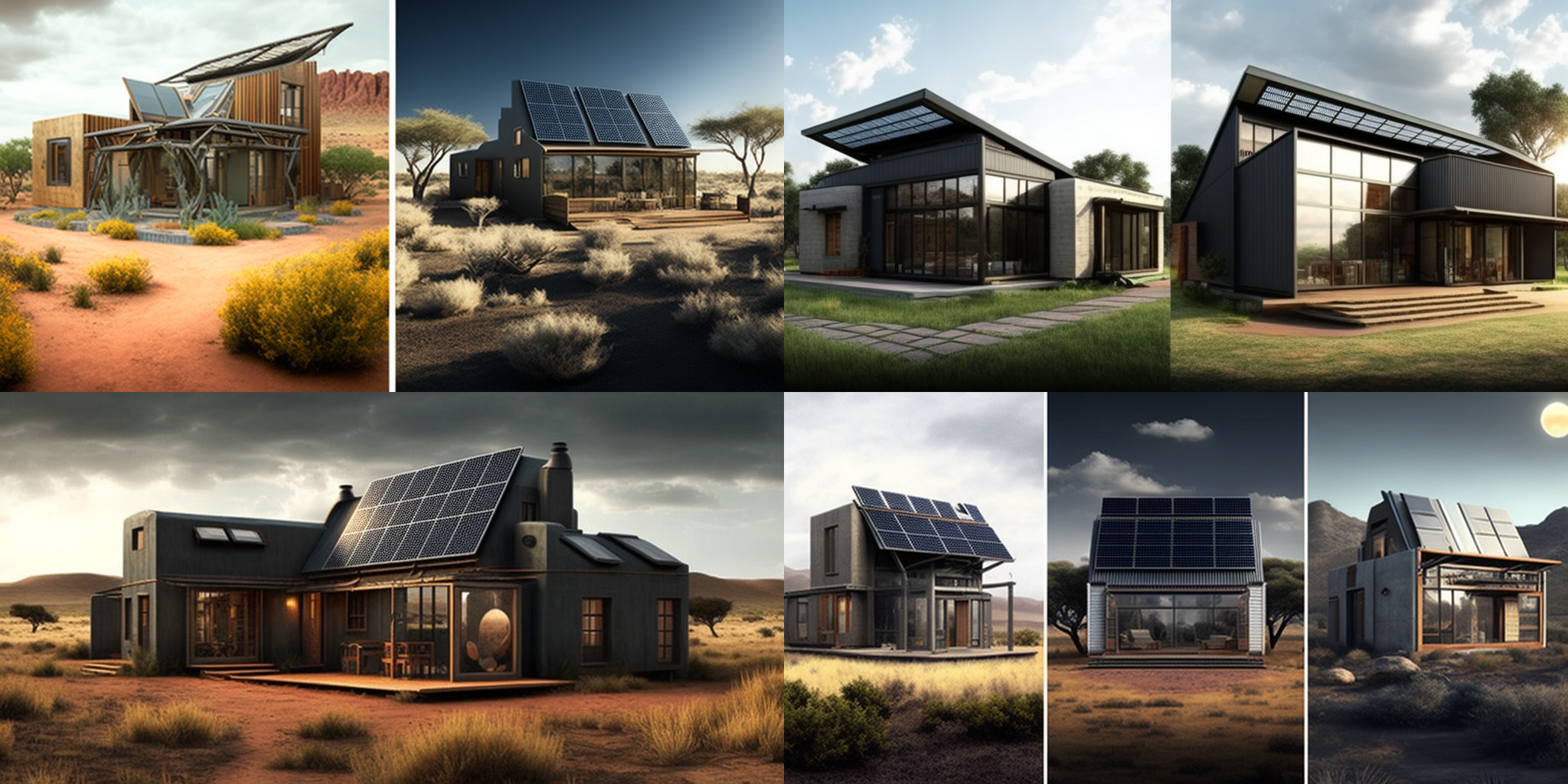Solar energy is rapidly becoming one of the most popular sources of renewable energy around the world. As the demand for solar energy increases, so does the need for efficient solar panels. The efficiency of a solar panel refers to its ability to convert sunlight into usable energy. In this article, we will compare the efficiency of different types of solar panels and explore how to choose the most efficient solar panel for your needs.
Table of Contents
- What is Solar Panel Efficiency?
- Types of Solar Panels
- Monocrystalline vs Polycrystalline Solar Panels
- Thin-Film Solar Panels
- Factors Affecting Solar Panel Efficiency
- How to Choose the Most Efficient Solar Panel
- Solar Panel Efficiency Comparison Chart
- Benefits of High Efficiency Solar Panels
- Conclusion
- FAQs
1. What is Solar Panel Efficiency?
Solar panel efficiency refers to the percentage of sunlight that a solar panel can convert into usable energy. The efficiency of a solar panel is affected by several factors, including the type of solar panel, temperature, shading, and the angle of the panel.
2. Types of Solar Panels
There are three main types of solar panels: monocrystalline, polycrystalline, and thin-film solar panels.
3. Monocrystalline vs Polycrystalline Solar Panels
Monocrystalline solar panels are made from a single, high-purity silicon crystal, while polycrystalline solar panels are made from multiple silicon crystals. Monocrystalline solar panels are generally more efficient than polycrystalline solar panels, but they are also more expensive.
4. Thin-Film Solar Panels
Thin-film solar panels are made by depositing thin layers of photovoltaic material onto a substrate. Thin-film solar panels are less efficient than crystalline silicon solar panels, but they are also less expensive and more flexible.
5. Factors Affecting Solar Panel Efficiency
Several factors can affect the efficiency of solar panels, including temperature, shading, and the angle of the panel. Solar panels work best in cooler temperatures, so it is important to install them in a location that is not exposed to direct sunlight for extended periods of time. Shading from trees, buildings, or other obstructions can also reduce the efficiency of solar panels. The angle of the panel is also important, as panels facing south with a tilt angle between 30 and 40 degrees typically provide the highest efficiency.
6. How to Choose the Most Efficient Solar Panel
When choosing a solar panel, it is important to consider the efficiency rating, as well as other factors such as cost, durability, and warranty. It is also important to consider the specific needs of your home or business, such as the amount of energy you require and the available space for installation.
7. Solar Panel Efficiency Comparison Chart
The following chart compares the efficiency of different types of solar panels:
| Type of Solar Panel | Efficiency |
|---|---|
| Monocrystalline | 15-22% |
| Polycrystalline | 13-16% |
| Thin-Film | 7-13% |
8. Benefits of High Efficiency Solar Panels
High efficiency solar panels provide several benefits, including:
- Higher energy output for the same amount of sunlight
- Reduced installation costs due to fewer panels needed
- Increased durability and lifespan
- Reduced carbon footprint
In conclusion, the efficiency of a solar panel plays a crucial role in determining the amount of electricity it can produce. Therefore, it is essential to choose a solar panel with a high efficiency rating. There are several factors to consider when comparing solar panel efficiency, such as temperature coefficient, shading, and panel type. By understanding these factors, you can make an informed decision when choosing a solar panel for your home or business.
FAQs:
- What is the most efficient solar panel on the market? Currently, SunPower holds the record for producing the most efficient solar panel with a rating of 22.8%.
- How can I improve the efficiency of my solar panel system? You can improve the efficiency of your solar panel system by keeping the panels clean, ensuring proper installation, and minimizing shading.
- Does the temperature affect the efficiency of solar panels? Yes, high temperatures can reduce the efficiency of solar panels. Therefore, it is essential to choose a solar panel with a low temperature coefficient.
- How much energy can I save with an efficient solar panel system? The amount of energy you can save with an efficient solar panel system depends on various factors, such as the size of the system, location, and electricity usage.
- Can I install an efficient solar panel system myself? It is recommended to hire a professional solar panel installer to ensure proper installation and maximum efficiency of your solar panel system.

